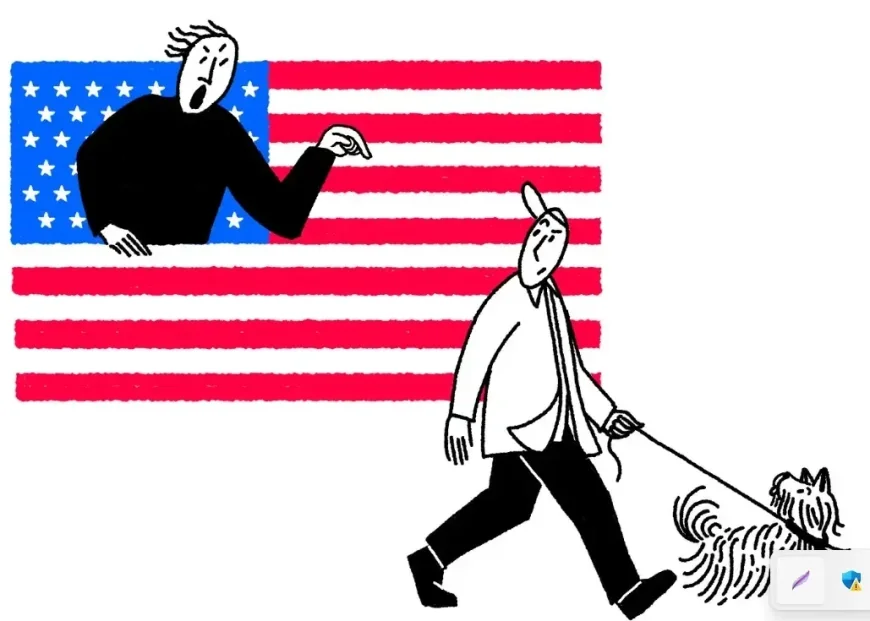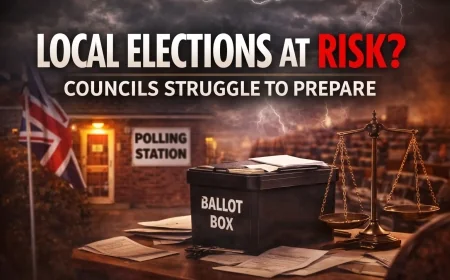Blaming foreigners for American failures won't solve
Sign up here for The Atlantic Daily, a newsletter that brings you the day's biggest news, helps you discover new ideas, and offers tips on the best aspects of culture.

If there's one belief that unites Americans across all political parties, it's that other countries are the reason things aren't working out for us. The late conservative activist Charlie Kirk wrote on X in January, "We sent $250 billion to Ukraine. And yet we can't even get water to put out the fires in California." In 2023, Assemblyman (and now newly elected Mayor of New York City) Zohran Mamdani told the audience at a convention of the Democratic Socialists of America that "we have to make it clear that when the boot of the NYPD is on your neck, it's the boot of the IDF," referring to the Israeli army. Republican Representative Marjorie Taylor Greene wrote in July, "Housing and insurance costs are skyrocketing in all areas and have become unaffordable for many. We don't want to give or sell arms to Ukraine, get involved in a foreign war, or continue the endless flow of foreign aid." Some progressive activists have even blamed federal aid to Israel for local budget cuts to New York City libraries.
For many Americans and their elected officials, foreign actors—whether Ukrainian, Israeli, or Chinese—are parasites that hinder or corrupt the country's prosperity. And frankly, America's international stance under this administration and previous administrations certainly leaves much room for criticism. But when criticism becomes an alternative to inward-looking, such criticism devolves into conspiracism: a way to blame outsiders for domestic problems so as not to confront their true causes at home. This rhetorical partisan move may garner praise from partisans, but it is self-defeating, because societies that externalize their internal issues will fail to fix them.
Take the Los Angeles fires earlier this year. At the time, Kirk and other conservatives alleged that the failure to prevent the devastation and deal with its aftermath was partly the result of US aid sent to Ukraine. But the facts tell a different story. As one of the nation's wealthiest and most taxed states, and the world's fifth-largest economy, California had ample resources to deal with the threats posed by wildfires. Local officials failed to adequately prepare for a tragically predictable emergency. Any effort to prevent similar disasters in the future must take this reality into account, rather than shifting the debate to foreign activities.
What's Your Reaction?
 Like
0
Like
0
 Dislike
0
Dislike
0
 Love
0
Love
0
 Funny
0
Funny
0
 Angry
0
Angry
0
 Sad
0
Sad
0
 Wow
0
Wow
0











































